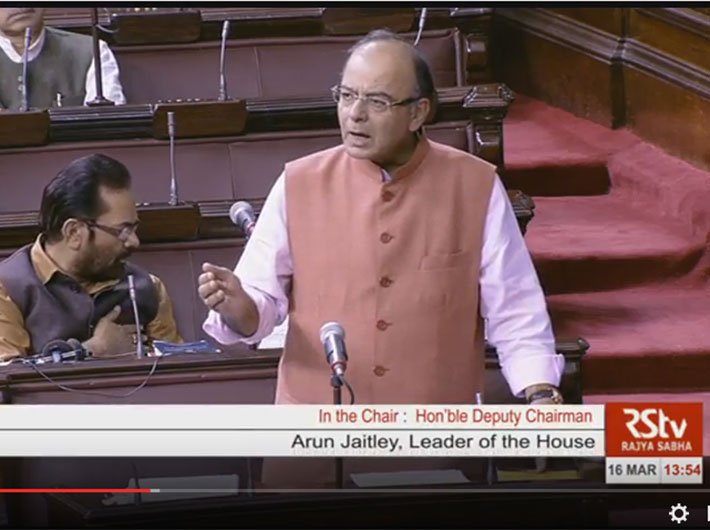Finance minister reiterates ‘pith and substance’ argument in Rajya Sabha
GN Bureau | March 16, 2016

A first-of-its-kind study on the economic loss due to premature death from oral cancer in India by the Tata Memorial Centre has found that this form of cancer has a premature mortality rate of 75.6% (34 premature events / 45 total events) resulting in productivity loss of approximately $5.6 billion in 2022
Of Law and Life Upendra Baxi in Conversation with Arvind Narrain, Lawrence Liang, Sitharamam Kakarala, and Sruti Chaganti Orient BlackSwan, Rs 2,310
The efforts made by the Election Commission of India (ECI), over last two years, for inclusion of Particularly Vulnerable Tribal Groups (PVTG) communities and other tribal groups in the electoral process have borne fruit with scenes of tribal groups in various states/UTs participating enthusiastically in t
The gross Goods and Services Tax (GST) collections hit a record high in April 2024 at ₹2.10 lakh crore. This represents a significant 12.4% year-on-year growth, driven by a strong increase in domestic transactions (up 13.4%) and imports (up 8.3%). After accounting for refunds, the net GST
Fool Bahadur By Jayanath Pati (Translated by Abhay K.) Penguin Modern Classics, 112 pages, Rs 250 “Bab
Against the backdrop of the $3.5 billion Production-Linked Incentive (PLI) scheme launched by the Government of India, sales of Electric Vehicles (EVs) are expected to grow at a CAGR of 35% by 2032. It is crucial to take into account the fact that 86% of EV sales in India were under the price bracket of $2